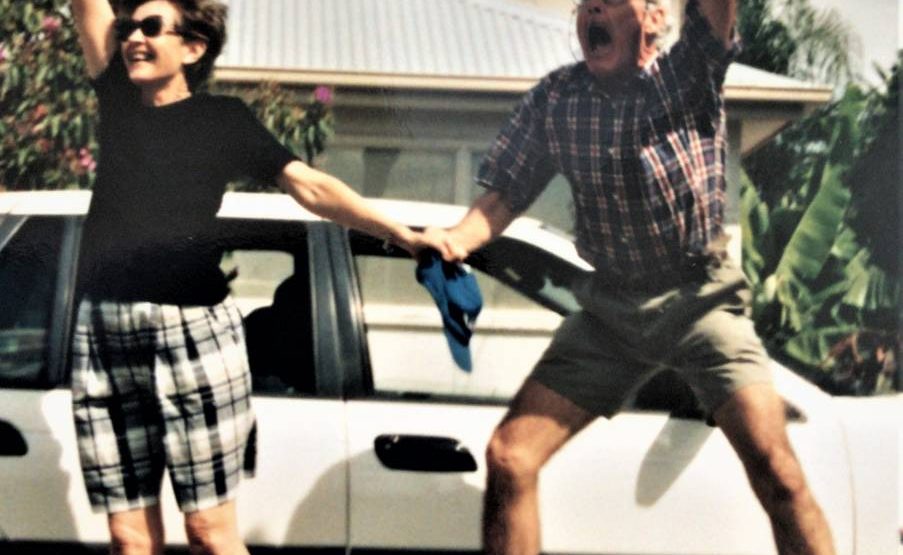
What went well today?
Priming your mind and body to have a great day
Beware of this practice – it is powerful!
When I first discovered this exercise in Dr Daniel Amen’s book ‘The End of Mental Illness’, I thought it sounded too cheesy (and too easy) to have an impact. However, it turned out to be something my family could share and benefit from. (Even though it started out with a lot of eye-rolling and half-heartedness – and not just from the teenagers!).
Dr. Amen is a physician and psychiatrist. His clinics have one of the highest published success rates for treating complex psychiatric issues. He is trying to end mental health by increasing brain health. He offers simple tips on how to improve your mindset and your approach to life. This particular exercise has been shown to decrease depression in just 30 days.
When you wake up in the morning say, “Today is going to be a great day.”
Ok I know this feels weird, and to begin with you won’t feel like what you are saying is true. In fact, you may feel like this is just another pointless and ineffective affirmation. One that you neither believe, or, feel comfortable saying. However, according to Dr Amen:
- This is a simple way to begin training our brain to look for what’s right rather then what’s wrong. Where we place our attention determines how we feel, and this statement sets a positive tone for the day.
- Our subconscious will start looking for evidence to match our statement, so it will find reasons why it is going to be a great day.
- When we have a happy, hopeful, or empowering thought, our brain immediately releases a set of chemicals that make us feel good. Our breathing slows and our muscles become more relaxed, we feel happier.
When you go to bed at night ask yourself “What went well today?”
- Always put yourself to sleep by reviewing your day from a positive standpoint. Practicing gratitude is a particularly potent method.
- This facilitates positive dreams and helps set the tone for the following day1
Why not give it a try?
I personally find this exercise incredibly potent when I have had a ‘rotten day’ and the temptation is to ruminate on ‘what went wrong’. When I am lying in bed and realise my thoughts are going around in circles and my ‘problems’ are growing by the minute, I take a deep breath and ask myself ‘What went well?’ It doesn’t have to be major… I start somewhere (‘I made my bed’) and then bring my attention to other things that went well. On days where I am struggling to find something that went well I think to myself ‘I didn’t have a toothache’ or ‘My eyes still see,’ to gain perspective.
A friend of mine has a teenage daughter, and nowadays as she goes to bed, she asks her daughter ‘What went well?’ For the first few nights of this practice, her daughter simply replied: ‘I am still alive.’ About a fortnight into it, my friend phoned me in delight – the previous night her daughter had replied ‘Today was a great day’ and listed the good things that had happened. We both delighted in the joy and hope that her daughters’ reply aroused in us.
‘Do this as a household or family. Start every day by saying to each other, “Today is going to be a great day.” End each day by asking “What went well today?” It will completely change your relational dynamics in just a few days.’ Dr Daniel Amen1
If you make this practice a habit, what outcomes can you expect?
- We train our subconscious minds to look for the positive – both day and night. This will gradually change your mindset until your default state is a happy and hopeful one.
- This practice changes family dynamics for the better – and we could all benefit from that!
- Amen, Daniel. G. MD. 2020, The End of Mental Illness: How Neuroscience Is Transforming Psychiatry and Helping Prevent or Reverse Mood and Anxiety Disorders, ADHD, Addictions, PTSD, Psychosis, Personality Disorders, and More Tyndale Momentum, Tyndale House Publishers, Carol Stream, Illinois.


